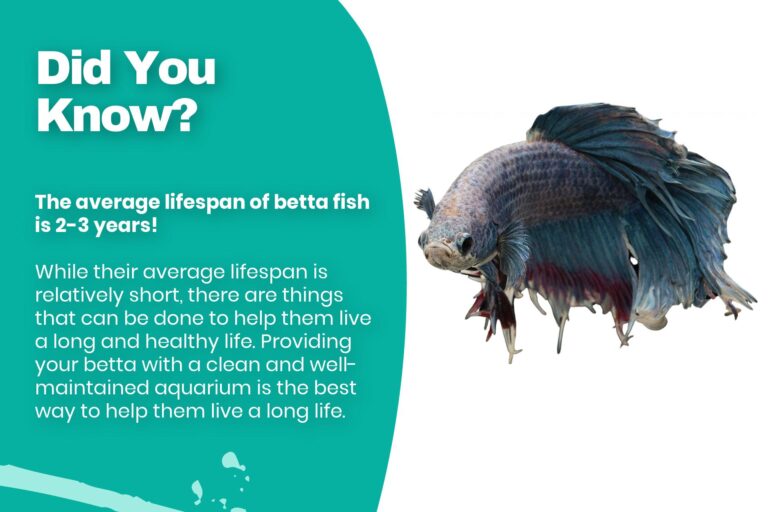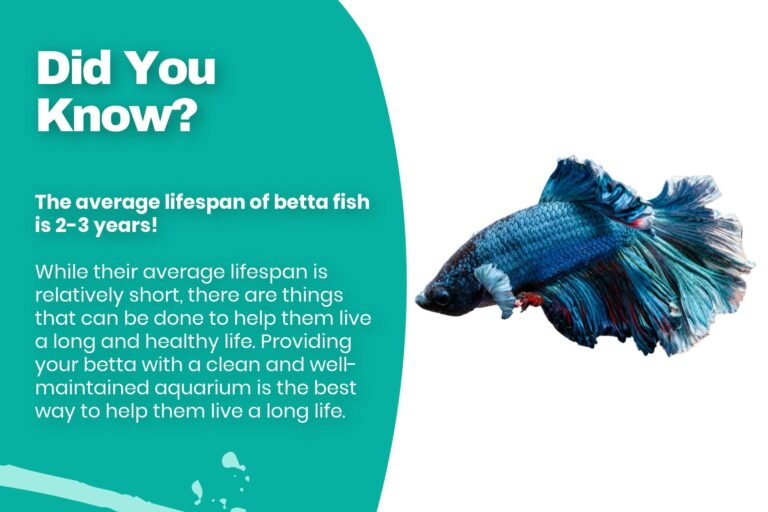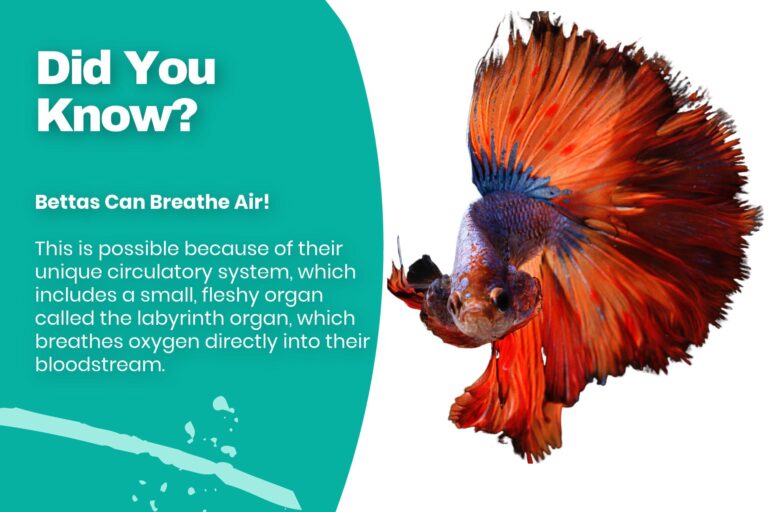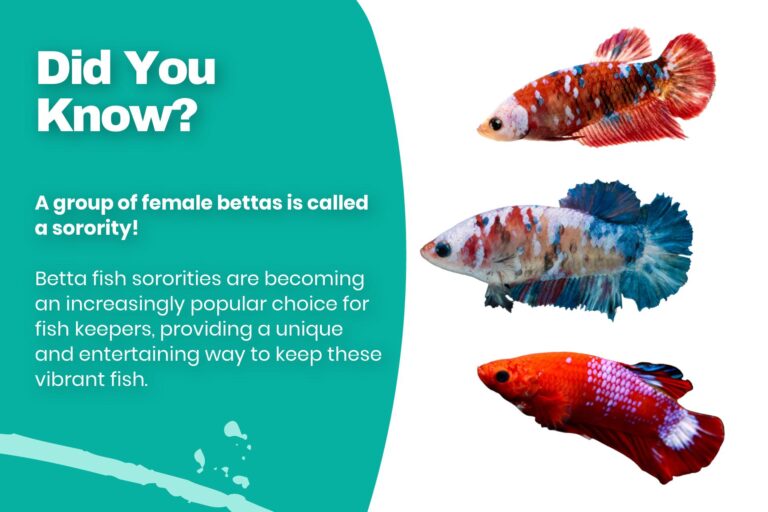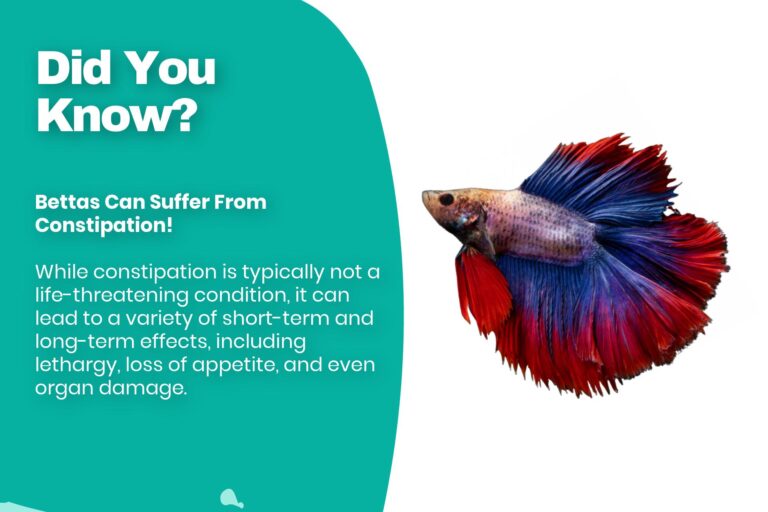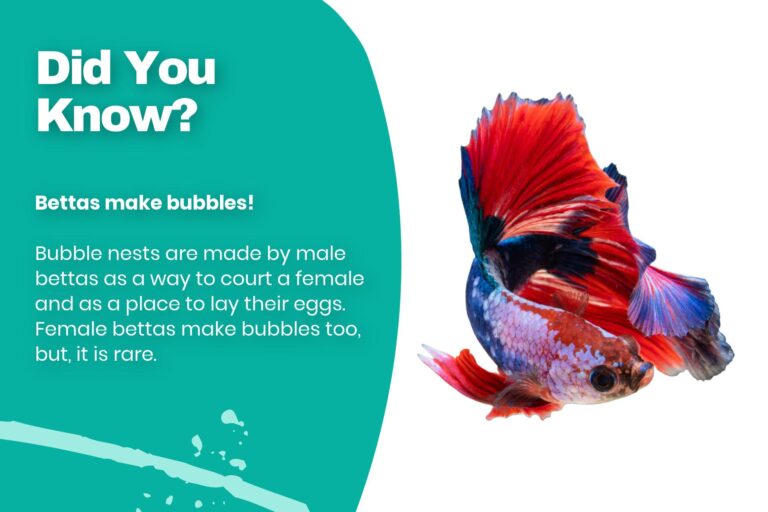Betta Fish Not Swimming Or Eating: Here Are The Top 4 Reasons Why
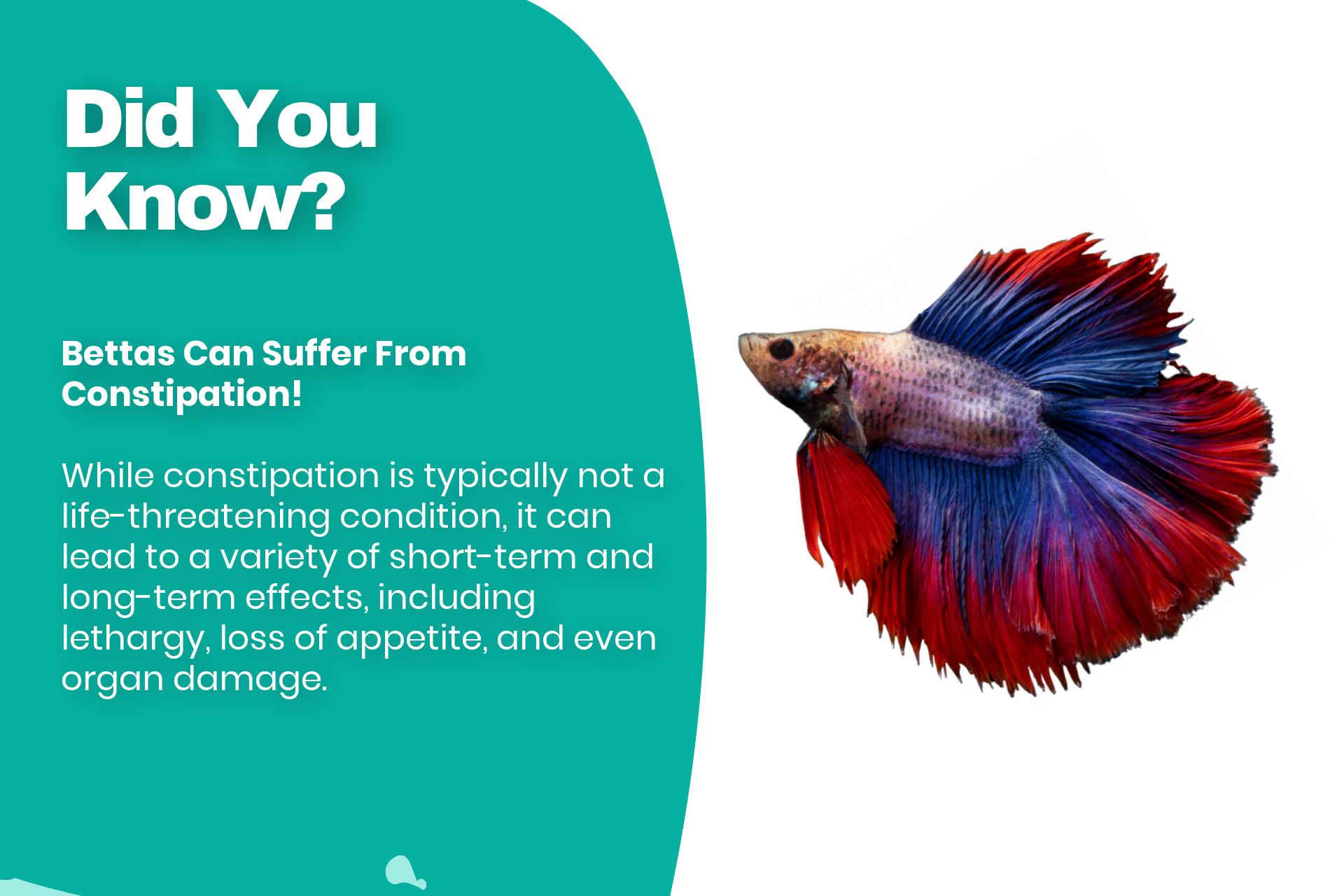
Is your betta fish not swimming or eating? It might be a sign that something is wrong.
There are a few different reasons why your betta fish might not be behaving normally, and it’s important to figure out what the problem is so you can get your fish back to good health.
In this blog post, we’ll discuss some of the top reasons why your betta fish might not be swimming or eating, and what you can do to prevent the problem.
Table of Contents
Quick Answer
This article focuses on four main reasons why a betta fish might stop swimming or eating. The reasons are poor water quality, poor food quality, overfeeding, and swim bladder disease.
To prevent these issues, it is recommended to test the water regularly, have a good filtration system, feed the fish a high-quality diet, avoid overfeeding, and keep the aquarium clean.
With these steps, betta fish owners can keep their pets healthy, active, and happy.
Here are the top 4 reasons why your betta fish is not swimming or eating.
1. Water Quality
One of the most common reasons why betta fish is not swimming or eating is water quality.
Poor water quality can be caused by a number of things, including incorrect pH levels, high ammonia levels, and high nitrite levels.
If you suspect that water quality is the problem, the first thing you should do is test the water using a reliable test kit. Once you know what the problem is, you can take steps to correct it.
Here are the things you should do to improve the water quality of your aquarium:
- Good Filtration System – It is important to have a good filtration system in place. A good filter will help to remove harmful chemicals and bacteria from the water.
- Regular Water Test – You should regularly test the water in your aquarium to make sure that the levels of ammonia and nitrites are within the safe range.
- Regular Water Changes – You should perform regular water changes to remove any build-up of toxins in the water.
- Live Plants – You can add live plants to your aquarium. Live plants help to oxygenate the water and also help to remove toxins from the water.
2. Poor Food Quality
Betta fish require a high-quality diet of protein-rich flakes or pellets in order to stay healthy and active. If their diet is lacking in nutrients, bettas can become lethargic and may even stop eating altogether.
Poor food quality is often the result of buying cheap, generic fish food that is not nutritionally balanced. It can also contain harmful toxins that can make your fish sick.
It is important to invest in a good quality fish food that is specifically designed for bettas in order to keep them happy and healthy.
Here are the 5 best types of food for your betta fish:
- Fish Flakes
- Pellets
- Live Foods
- Frozen Foods
- Freeze-Dried Foods
3. Overfeeding
While it might be tempting to give your fish extra food to show your love, it’s important to resist the temptation.
Overfeeding can lead to health problems for your fish. When fish are overfed, they can become bloated and lethargic, and may stop swimming and eating altogether.
It can also contribute to dirty water, which can create problems for all the fish in your tank.
Here are the things you can do to avoid overfeeding:
- Reduce the amount of food you’re giving them.
- Let them fast for 24 hours at least twice per week but not consecutively.
4. Swim Bladder Disease
Betta fish are known to be susceptible to one of the most common fish diseases called swim bladder disease, which can be fatal.
Swim bladder disease is a condition that affects the betta fish’s swim bladder, which is a sac-like organ that helps the fish to stay buoyant.
When the swim bladder is diseased, it can cause the fish to sink to the bottom of the tank, and it may also prevent the fish from eating.
Here are the things to help prevent swim bladder diease:
- Feed your fish a high-quality diet.
- Avoid overfeeding your fish.
- Keep your aquarium clean.
- Avoid sudden changes in temperature or water quality.
Final Thoughts
A healthy betta fish should be swimming around, eating and displaying some kind of activity.
It all boils down to two main things in order to avoid your betta fish not swimming or eating. These two main things are food quality and water quality.
Keep these two in check and you’ll have a happy and healthy betta in your tank.

